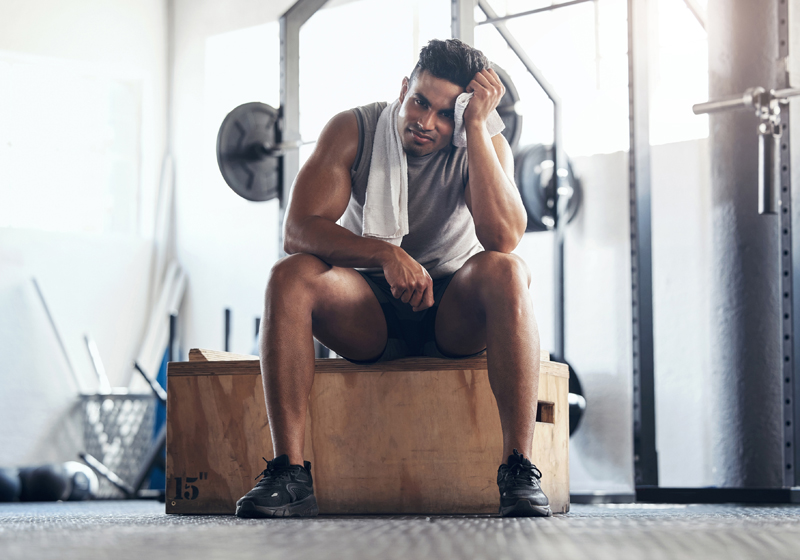Stress reduction: Physical activity can act as a stress reliever. Engaging in exercise can help divert your attention from anxious thoughts, providing a mental break from worries and stressors. It also helps to reduce the levels of stress hormones, such as cortisol, in the body.
Neurotransmitter regulation: Exercise can influence the levels of neurotransmitters in the brain, including serotonin, norepinephrine, and dopamine. These neurotransmitters play a crucial role in regulating mood, and imbalances have been linked to anxiety disorders. Regular exercise can help maintain a healthy balance of these neurotransmitters, thus reducing anxiety symptoms.
Distraction and relaxation: Participating in physical activities can serve as a distraction from anxious thoughts and allow you to focus on the present moment. Engaging in exercises like yoga, tai chi, or Pilates can have additional relaxation benefits, as they incorporate deep breathing, mindfulness, and stretching techniques.
Neurochemical effects: Exercise stimulates the release of endorphins, which are natural mood-enhancing chemicals in the brain. Endorphins promote feelings of well-being and can help reduce anxiety and stress levels.
Better sleep quality: Anxiety often disrupts sleep, leading to a vicious cycle of heightened anxiety due to sleep deprivation. Exercise can help regulate sleep patterns, promote better sleep quality, and reduce insomnia symptoms. Improved sleep can, in turn, reduce anxiety levels.
Increased self-confidence: Regular exercise can improve self-esteem and boost self-confidence. As you become more physically fit and notice improvements in your abilities, it can positively impact your overall self-perception and reduce anxiety related to self-image and social interactions.
It’s important to note that while exercise can be an effective tool for managing anxiety, it is not a standalone solution. It is generally recommended to combine regular exercise with other anxiety management strategies, such as therapy, medication (if prescribed by a healthcare professional), stress management techniques, and a healthy lifestyle overall.




